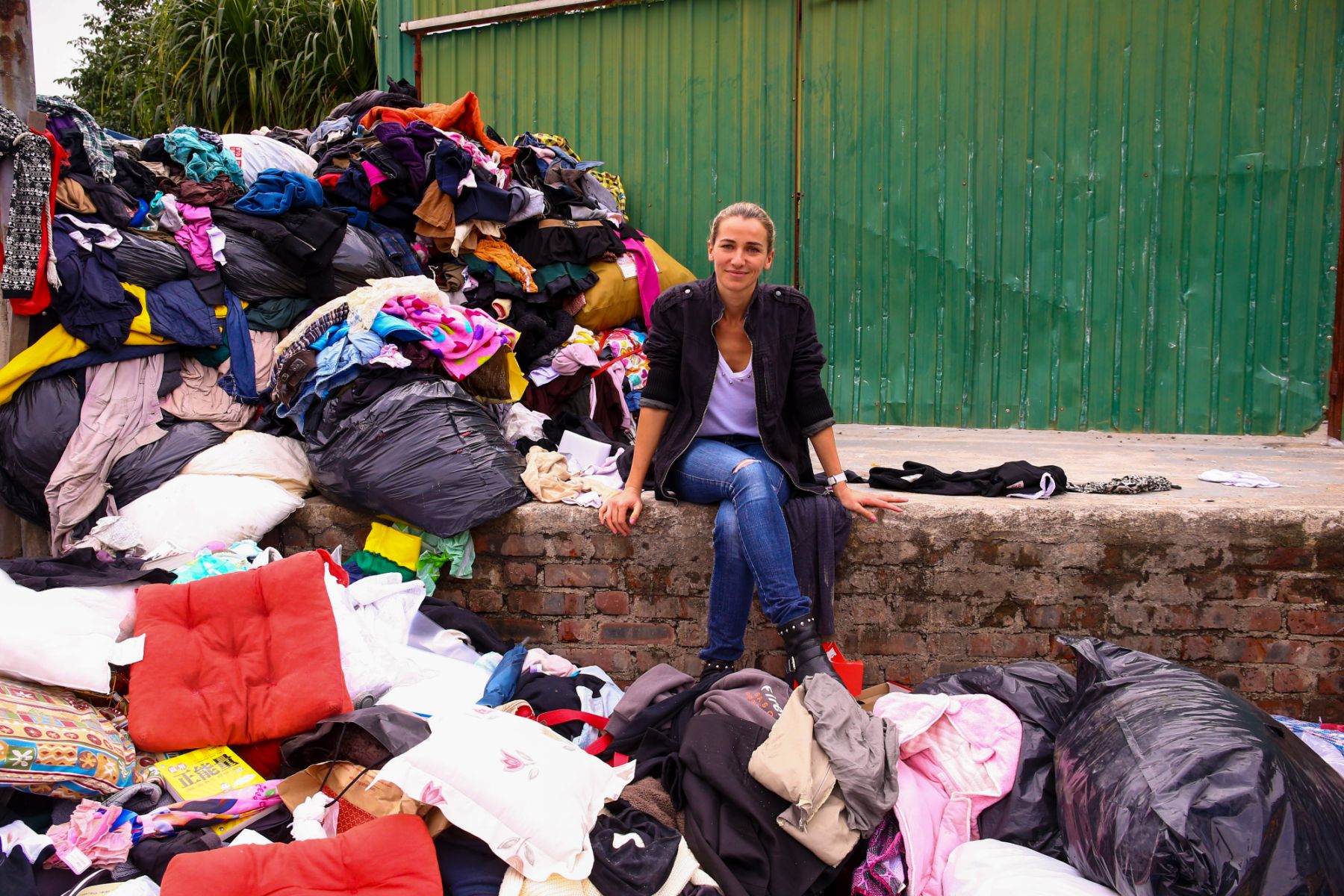More fashion brands are taking on sustainable practices internally, but an often overlooked aspect is the logistics required to get items to us
The word “sustainable” has been used so often in recent years that it almost feels devoid of meaning. People have different understandings of its definition: is it about what materials are used or how they are sourced? Should it be on the company or the consumer to drive demand?
“The term itself is beautiful and wonderful in its philosophy, but it’s complicated when you try to explain it,” Christina Dean said in an interview with Tatler Hong Kong over video chat.
See more: Sustainability In Asia: Download Gen.T's Intelligence Report
Her mission, as founder of environmental charity Redress, is to reduce textile waste and change the culture surrounding clothing in Hong Kong, where garments are often seen as disposable.
To Dean, sustainability means anything you can do to minimise your impact on the environment while maximising personal style. She’s at the forefront of reducing pollution caused by the city’s fashion industry; one of the key pillars of her company is the Redress Design Awards.
In its 11th year, the competition generates hope for the future by educating designers and creating a space for sustainable designs to be commercially celebrated. This year, entries will be accepted from designers around the world, with hundreds of garments being sent to Hong Kong for the grand finale on September 11.
But how can a competition promoting sustainability sustainably transport clothes?
Dean explains the concepts of fashion miles, saying, “Consumers don’t consider how materials move or the sheer complexity of logistics. Each component of the garment has a far-reaching supply chain. Therefore there’s a carbon cost that includes plastic, shipping and more.”
See more: Sustainable Beauty Tips From Coconut Matter Founder Diane Van Zwanenberg









